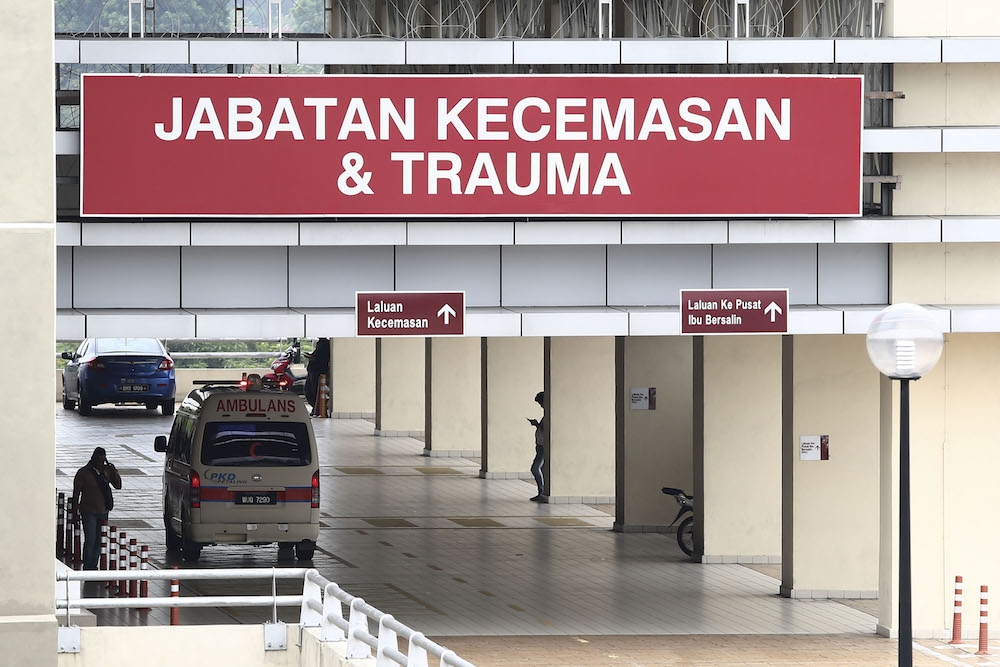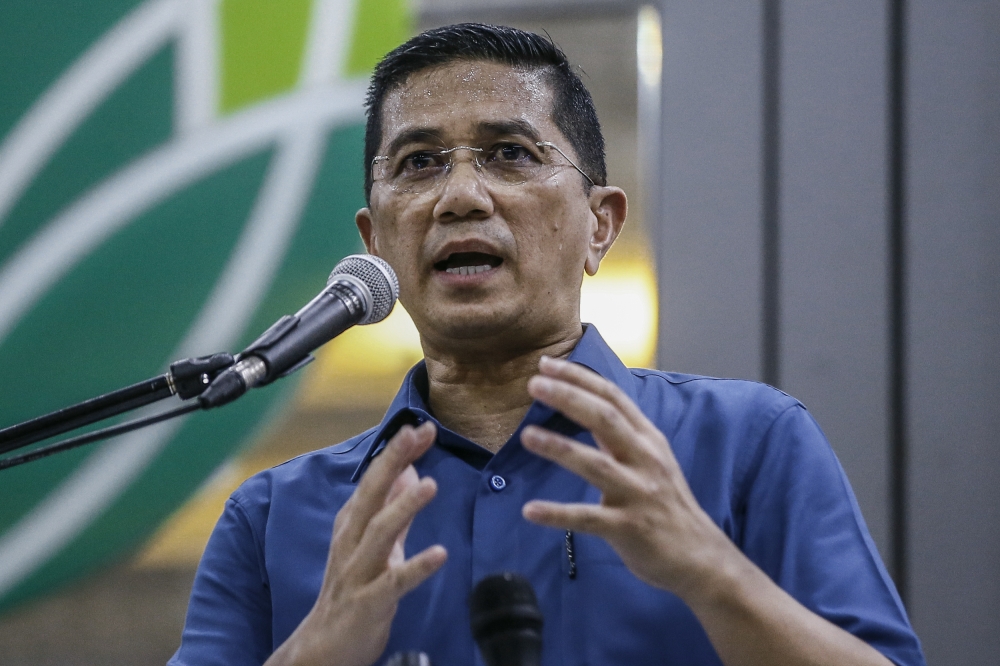KUALA LUMPUR, May 15 — Malaysians hope the government will consider taking certain measures in order to revive the economy post-Covid 19, a survey showed.
In a recent study by market research company Green Zebras Sdn Bhd, 74 per cent of Malaysians polled felt the government should provide more financial aid to employees, while 59 per cent felt employers need financial aid.
The study also found that 51 per cent of Malaysians felt talent up-skilling was needed especially for those who may have been made redundant because of the pandemic.
An interesting find was that 58 per cent of Malaysians also considered it important to counter the black market as a key solution to safeguard jobs at this crucial time, stating that the government should ensure that illegal activities are not allowed to thrive.
Forty-seven per cent of Malaysians also believe that businesses should be protected from criminal activities at this time.
“Clearly, job security is at the top of mind for most working adults in Malaysia today.
“This survey was undertaken to understand how Malaysians feel about their jobs today and what they suggest the government should do to safeguard jobs as we move forward in the new normal,” said Green Zebras managing director and co-founder Steve Murphy.
The Green Zebras job perception poll was conducted online in May in both Peninsular and East Malaysia and is nationally represented by overall population according to location, gender, race and age.
According to Green Zebras, the proposed measures offered by those polled came on the back of a bleak employment outlook.
Significantly, the survey also found 52 per cent of respondents believe that unemployment will go up significantly while 37 per cent say it will increase somewhat.
Only five per cent said unemployment levels will remain the same while six per cent said unemployment rate will decrease after the conditional movement control order (CMCO) is lifted.
 The government enforced a nationwide movement control order (MCO) to prevent further spreading of Covid-19 on March 18.
The government enforced a nationwide movement control order (MCO) to prevent further spreading of Covid-19 on March 18.
Although positive cases have significantly reduced, to prevent a relapse the government has enforced the CMCO until June 9
The survey also found that 28 per cent of respondents said they are now getting a lower salary while 13 per cent have become unemployed due to the pandemic.
Another nine per cent of respondents said that there is currently a high level of uncertainty in their current jobs and they will likely see reduced salary or job losses soon.
Only 34 per cent said their salary has remained the same while two per cent say that their salaries have increased.
The remaining respondents (14 per cent) are not currently in the job market.
“Casting a spotlight on the shadow economy or black market while focusing our efforts to put an end to this drag on the economy can reverse job decline and facilitate economic recovery,” Retail and Trade Brands Advocacy Malaysia Chapter managing director Datuk Fazli Nordin said when commenting on Green Zebra’s findings.
According to a 2019 report published by the Transnational Alliance to Combat Illicit Trade and the United Nations Conference on Trade and Development, economic leakages across the sectors susceptible to illicit trade create an annual drain on the economy of US$2.2 trillion (RM8.7 trillion).
The report also stated that illegal and unfair competition reduces sales and dampens the ability of legitimate companies to create lasting and dignified job opportunities
“In Malaysia, the shadow economy is estimated at RM300 billion. Taking back this significant revenue loss can certainly fund much needed financial aid to both businesses and employees and invest in talent development.
“Moreover, by curtailing the black market, businesses compete on a level playing field that can accelerate Malaysia towards a high-income nation,” Fazli said.
“The Malaysia government can very quickly address the endemic black market problem with rigorous enforcement coupled with reviewing taxes and excise duties so as to close the price gap between legitimate products and illegal goods,” he concluded.
















.jpg)


